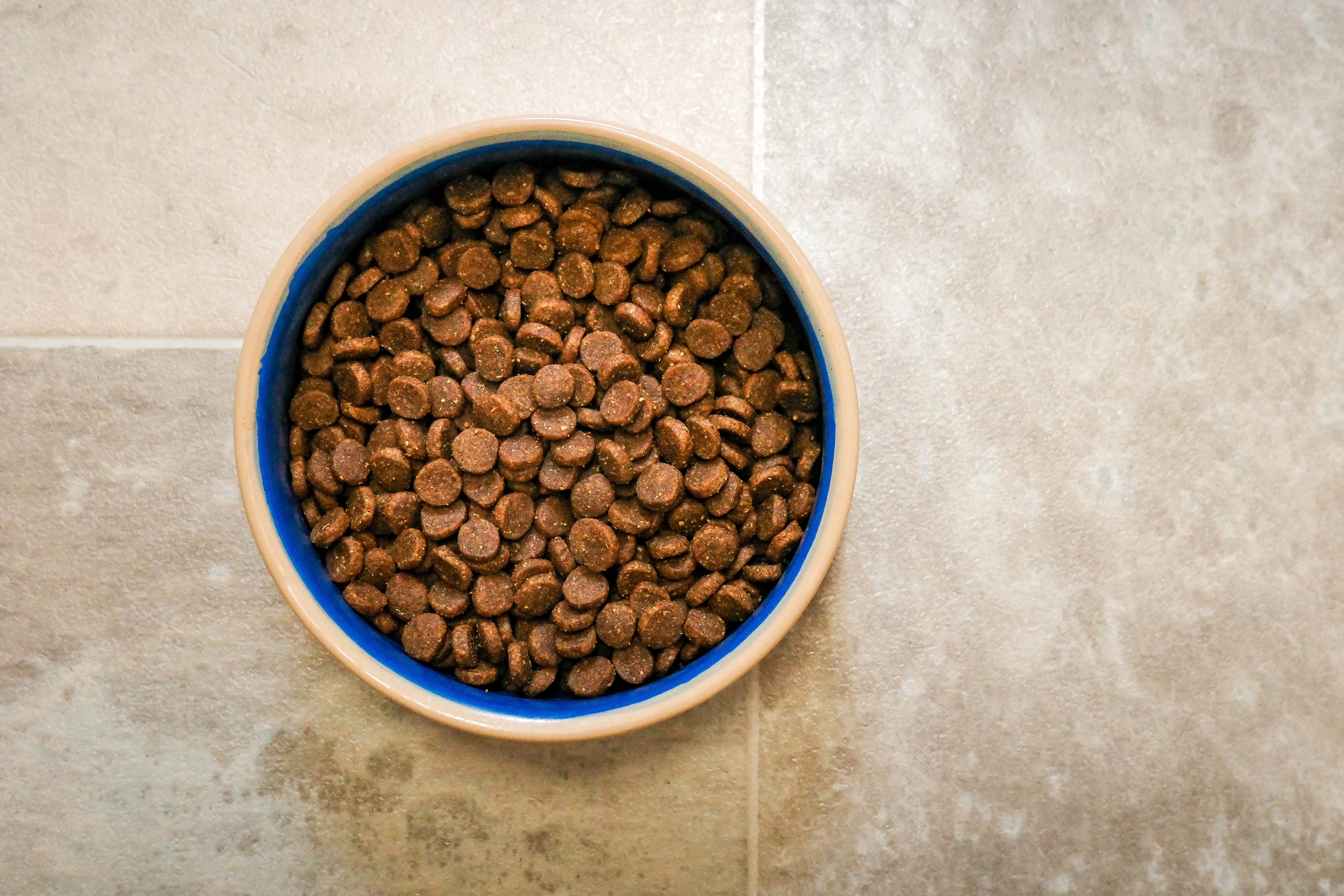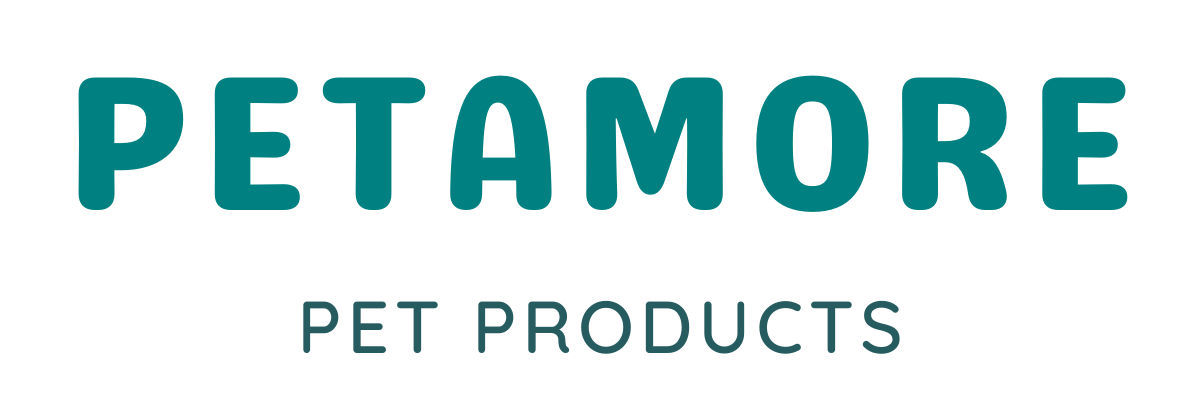
Kibble, or dry dog food, has been a popular choice for feeding dogs for many years. While it can be convenient and affordable, there are some potential downsides to feeding kibble to dogs. Here are a few reasons why kibble may not be the best choice for your furry friend:
- Lack of moisture: One of the main issues with kibble is that it has a very low moisture content. This can be problematic for dogs, as they require a certain amount of water in their diet to maintain proper hydration and promote healthy organ function. When dogs eat dry kibble, they may not drink enough water to compensate for the lack of moisture in their food, which can lead to dehydration and other health problems.
- High in carbohydrates: Most kibble is made primarily from grains and other carbohydrate sources. While dogs do need some carbohydrates in their diet, excessive amounts can lead to weight gain, digestive problems, and other health issues. Some types of kibble may also contain fillers and other additives that provide little nutritional value and can contribute to inflammation and other health problems.
- Lack of variety: Another issue with kibble is that it often lacks the variety of nutrients and flavors that dogs need to thrive. Dogs are natural scavengers and require a diverse diet that includes a variety of different proteins, fruits, and vegetables to meet their nutritional needs. Feeding your dog the same type of kibble every day can lead to nutrient deficiencies and boredom.
- Processing: The manufacturing process used to produce kibble can also be a concern. The high temperatures used to cook and dry the food can destroy some of the essential nutrients that dogs need, such as vitamins and enzymes. Additionally, the processing may introduce harmful chemicals and preservatives into the food.
- Dental health: Finally, kibble may not be the best choice for maintaining good dental health in dogs. While some kibble may claim to promote dental health by reducing tartar and plaque buildup, the hard, crunchy texture can actually cause dental damage in some dogs. Dogs that gulp their food without chewing may be more prone to choking or other problems when eating dry kibble.
Of course, not all kibble is created equal, and some brands and formulations may be better than others. However, it's worth considering whether kibble is the best choice for your dog's individual needs and health concerns. In some cases, a more varied diet that includes fresh, whole foods and moisture-rich options may be a better choice for promoting optimal health and well-being in your furry friend.




